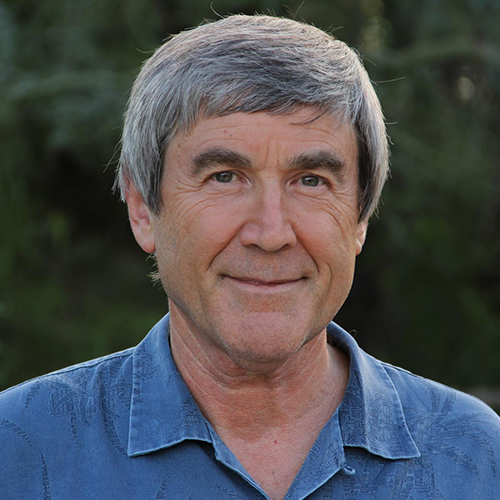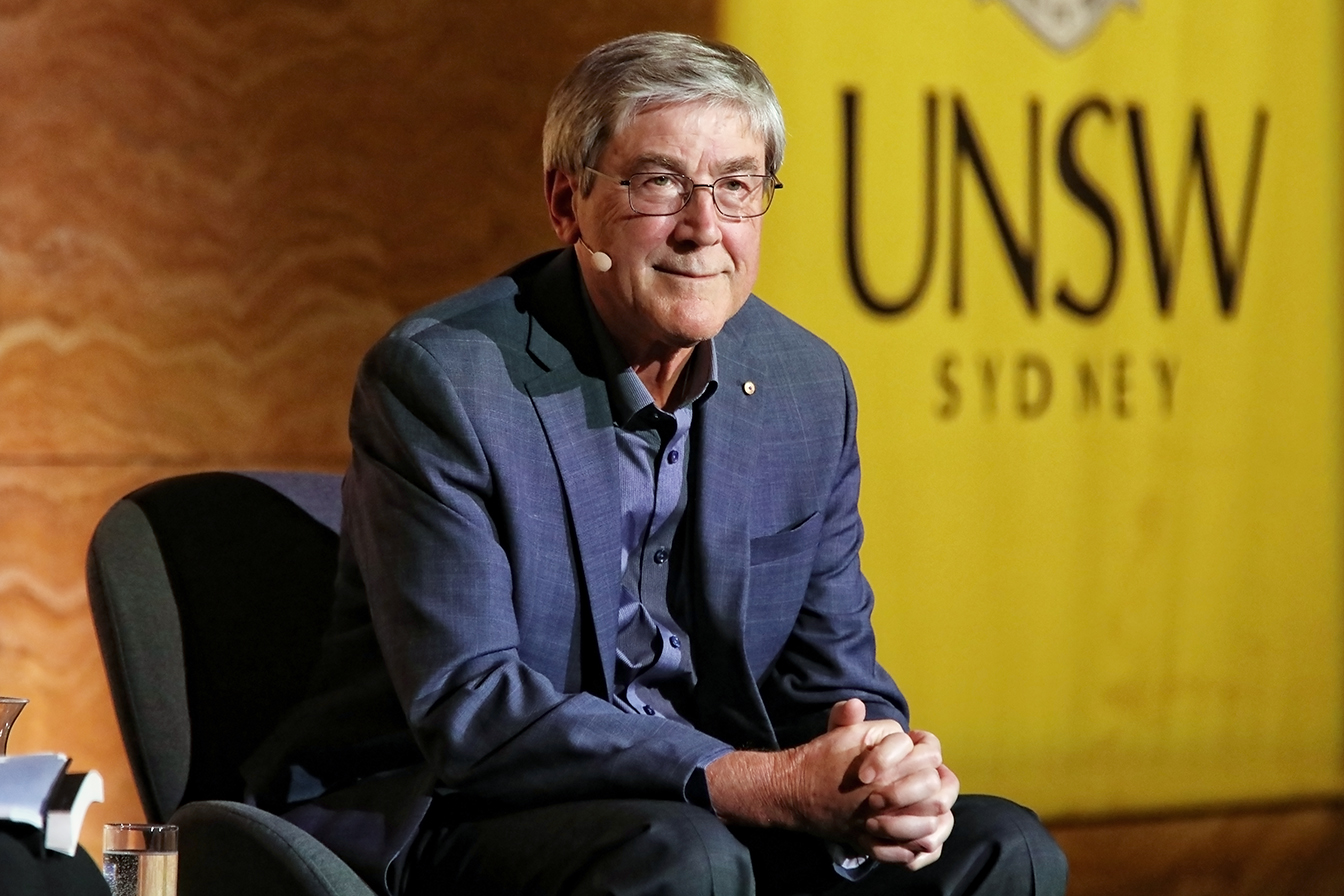Paul Davies: The Demon in the Machine
Despite stunning advances in biology, we still don’t know what life is or how it really began.
For generations, scientists have struggled to make sense of this fundamental question. Life on every level has proven magical and even a humble bacterium accomplishes things so dazzling that no human engineer can match it.
Based on research from his new book The Demon in the Machine, theoretical physicist, cosmologist and astrobiologist Paul Davies, argues that the answer is at last in sight. In this penetrating and wide-ranging new analysis, bestselling author Davies from the Beyond Center at Arizona State University proposes answers in a domain where computing, chemistry, quantum physics and nanotechnology intersect.
From life’s murky origins to the microscopic engines that run the cells in our bodies, Davies will explain transformations in technology and medicine, the physics of two-headed worms, and answer the age-old question of whether or not we are alone in the universe.
Our brains have the capacity of a megawatt super computer but they operate with the energy equivalent of a dim electric lightbulb. And in some cases, very dim.
Photo credit: Prudence Upton
This talk was chaired by Ann Mossop, Director of the UNSW Centre for Ideas.
This talk was presented as part of Sydney Science Festival and was supported by the Bendigo Writers Festival.
Image Gallery
-
1/3
Ann Mossop and Paul Davies
-
2/3
Paul Davies
-
3/3
Ann Mossop and Paul Davies

Paul Davies
Paul Davies is a theoretical physicist, cosmologist, astrobiologist and bestselling author. He is Regents’ Professor and Director of the Beyond Center at Arizona State University. His research has ranged from the origin of the universe to the origin of life, the nature of time, astrobiology and the deep evolutionary roots of cancer. The author of 30 books, his latest is The Demon in the Machine, an explanation for living matter based on information theory. Among his many awards are the 1995 Templeton Prize, the Faraday Prize from The Royal Society, the Kelvin Medal and Prize from the Institute of Physics, the Robinson Cosmology Prize and the Bicentenary Medal of Chile. He was made a member of the Order of Australia in the 2007 Queen's birthday honours list and the asteroid 6870 Pauldavies is named after him.
